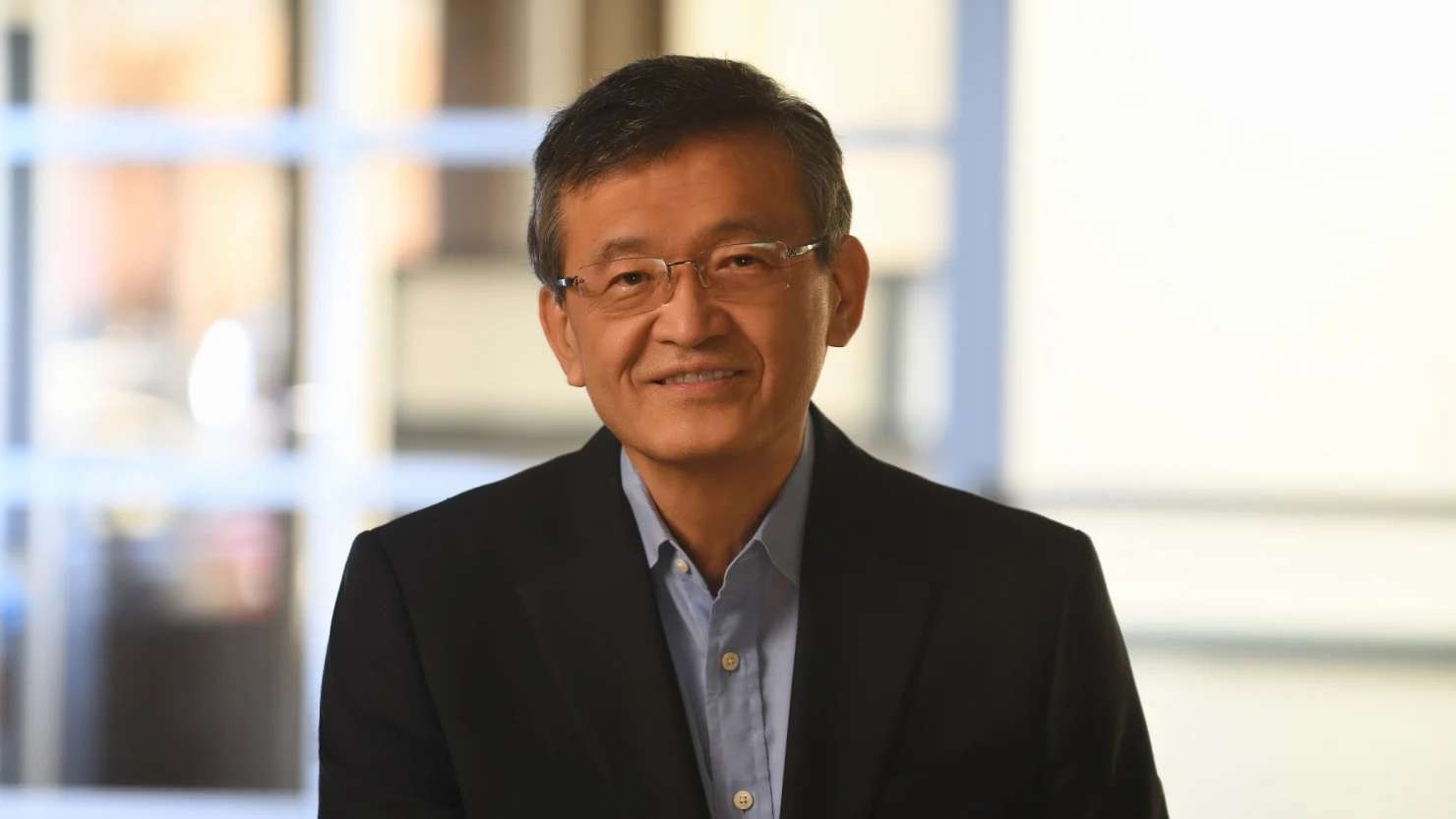Intel Appoints Lip-Bu Tan as New CEO: A Bold Move to Revive the Chip Giant
In a significant leadership shakeup, Intel has named Lip-Bu Tan as its new Chief Executive Officer, effective March 18, 2025. Announced on March 12, 2025, the decision has sparked optimism among investors, with Intel’s stock surging over 15% shortly after the news broke. Tan, a seasoned semiconductor industry veteran, steps into the role at a critical juncture for Intel, which has faced mounting challenges in recent years, including market share losses and financial struggles. His appointment signals a strategic pivot as the company aims to reclaim its position as a global leader in chip design and manufacturing.
Who is Lip-Bu Tan?
Born in Malaysia and raised in Singapore, Lip-Bu Tan brings a wealth of experience to Intel. He is best known for his 12-year tenure as CEO of Cadence Design Systems, where he transformed the company into a powerhouse in chip design software, driving a 3,200% increase in its share price. Tan also founded Walden International, a venture capital firm focused on semiconductors and technology, showcasing his knack for spotting and nurturing innovation. His prior stint on Intel’s board from 2022 to August 2024 adds an insider’s perspective to his new role, though his departure last year stemmed from disagreements with former CEO Pat Gelsinger over the company’s direction.
Why Lip-Bu Tan?
Intel has been grappling with a series of setbacks, including a 60% stock value drop over the past five years, billion-dollar losses in its foundry business, and missed opportunities in AI and mobile markets—ceding ground to rivals like Nvidia and TSMC. Tan’s appointment comes after Gelsinger’s ousting in December 2024, following criticism of his inability to streamline Intel’s bloated workforce and pivot effectively toward AI-driven growth. Tan, by contrast, is seen as a decisive leader with deep industry ties and a proven track record of turnarounds.
At his first town hall as CEO on March 18, 2025, Tan warned employees of “tough decisions” ahead, hinting at potential layoffs and a major overhaul of Intel’s manufacturing and AI strategies. His priorities include revitalizing Intel Foundry—now a contract manufacturer for clients like Nvidia and Microsoft—and accelerating the production of AI server chips. Tan also plans to expand into software, robotics, and foundational AI models, aiming to reposition Intel as a “world-class products company and foundry.”
Compensation and Commitment
Tan’s compensation package reflects Intel’s high expectations. He’ll receive a $1 million base salary, a potential $2 million annual bonus, and approximately $66 million in stock options and equity awards, vesting over several years if performance targets are met—potentially totaling $69 million. In a show of confidence, Tan has committed to purchasing $25 million in Intel shares within his first 30 days, underscoring his belief in the company’s future. If he can triple Intel’s stock price, as some analysts project, his payout could exceed $400 million, boosting Intel’s market cap from $104 billion to $312 billion.
Challenges Ahead
Tan inherits a company at a crossroads. Intel’s foundry business has struggled to attract clients, hampered by a failed $5.4 billion acquisition of Tower Semiconductor in 2023 due to regulatory hurdles. The company reported a $19 billion loss in 2024, prompting a dividend suspension and raising bankruptcy concerns among some analysts. Tan’s mandate includes trimming inefficiencies—potentially cutting up to half the workforce, per speculative reports—while maintaining Intel’s engineering core and navigating a competitive landscape dominated by TSMC, Nvidia, and AMD.
Wall Street has cheered the move, with analysts praising Tan’s “deep relationships” in the chip ecosystem and his no-nonsense approach. However, skepticism remains. “Tan is Intel’s best shot, but it’s a Herculean task,” one expert noted, citing the lengthy transition needed to realign Intel with the AI-centric market.
The Road Forward
Tan’s vision, as outlined in a letter to employees, is to “remake Intel” by delighting customers and driving shareholder value—not an easy feat, he admitted, but one he believes Intel can achieve. With his official start on March 18, 2025, and a return to the board, Tan is wasting no time. Early reports suggest interest from Nvidia and Broadcom in Intel’s manufacturing capabilities, hinting at potential wins under his leadership.
As the semiconductor industry watches closely, Lip-Bu Tan’s tenure as Intel CEO could either mark a triumphant revival or a final stand for the iconic chipmaker. For now, the market’s 18% stock jump in the past quarter reflects hope that Tan’s expertise will steer Intel back to its former glory.
